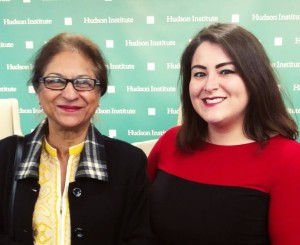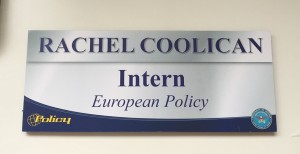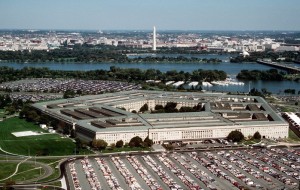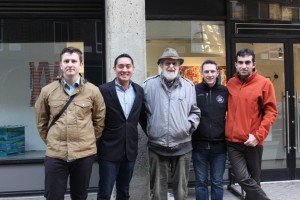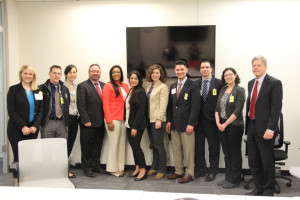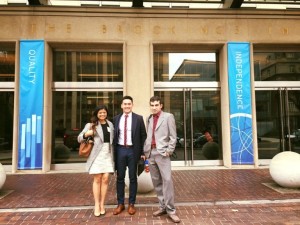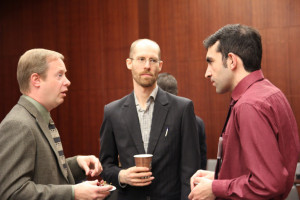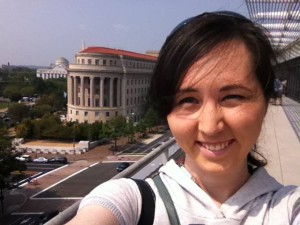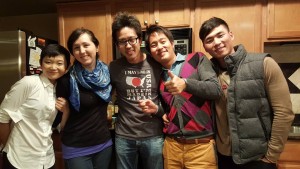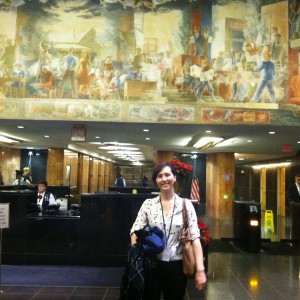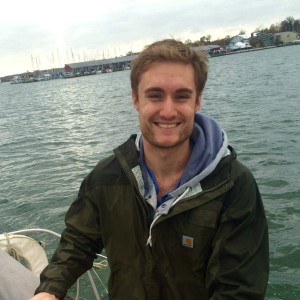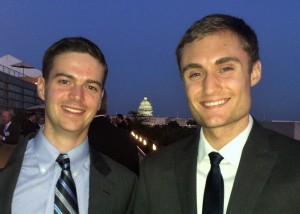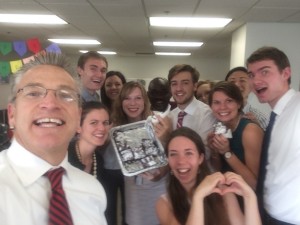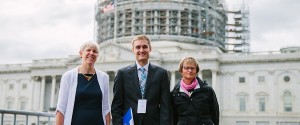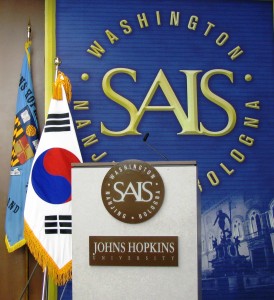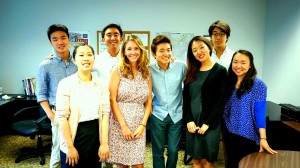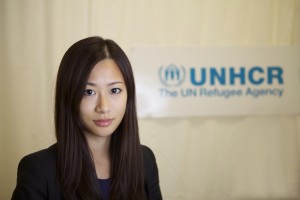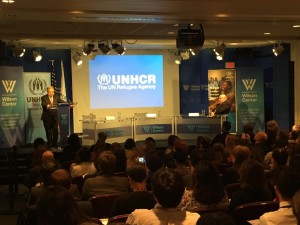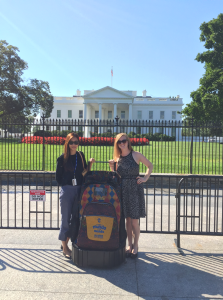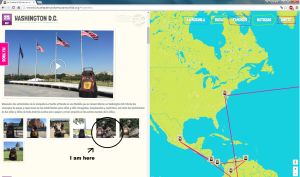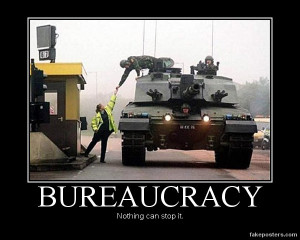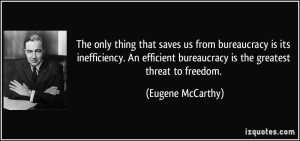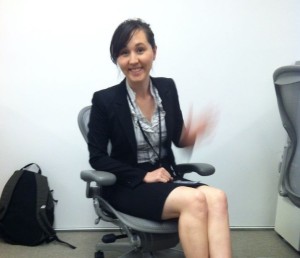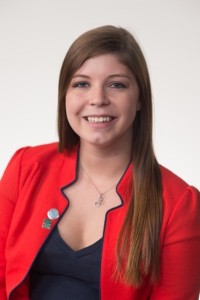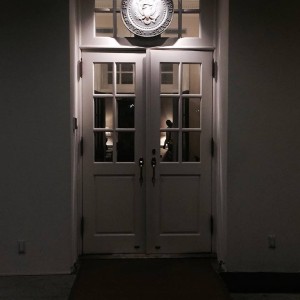Kimberly Hatcher is a graduate of the Public Diplomacy (PD) program, where students earn a joint Master of Arts in International Relations and a Master of Science in Public relations from Syracuse Universities two most prestigious schools, the Newhouse School and the Maxwell School. All PD students are required to spend their final Spring Semester in Washington, DC.
My Global Programs Award funded three D.C.-centric endeavors: a research consultancy with the Center for International Private Enterprise (CIPE), a fellowship in the State Department, and an unintentional internship at the Center for Strategic and International Studies (CSIS). At the conclusion of the Public Diplomacy degree program (M.A. International Relations, Maxwell School/M.S. Public Relations, Newhouse School of Public Communications), being able to study and work in D.C. for the final semester was not only a key factor in my SU enrollment decision, but additionally a vital maneuver in my career development.
Security clearances take (too much!) time, therefore much of my semester was spent attending South Asia events and networking with like-minded individuals at various think tanks and government institutions. Through these interactions, I began my research consultancy with the South Asia department of CIPE, for which I am (still) slowly building an entrepreneurial ecosystem for the youth of Pakistan, currently comprising over 60% of their 200 million populace. However, as the conclusion of the semester loomed, and my internship requirement was yet to be fulfilled, I utilized the Maxwell-CSIS partnership to procure a part-time research position with the Wadhwani Chair in U.S.-India Policy Studies.
Just prior to the conclusion of my masters course of study, my clearance was approved and I began my fellowship at the Department of State. Originally a member of the India Desk, because of staffing shortages and my years of communications experience, I was transferred to the Press Office for the Bureau of South and Central Asian Affairs. Currently I am the point for Central Asian press guidance, in addition to contributing to the Bureau’s social media, Indo-Pak, and Indian economic directions. I am also press lead for this year’s U.S.-Pakistan Business Opportunities Conference, and am very fortunate to be able to say that I am doing exactly what I had hoped for upon entering Maxwell two years ago. Without the support of Maxwell’s Global Program Award, it would have been very difficult for me to pursue my career aspirations, and I am very grateful for every afforded opportunity.
